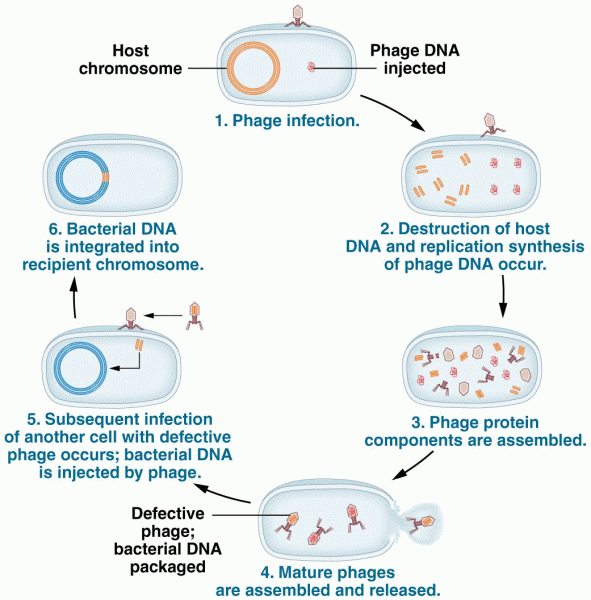|
|
|
Adolescents often feel clumsy during puberty because during this time of development, their hands and feet grow faster than their arms and legs do. The body is therefore out of proportion. One out of five adolescents actually experiences growing pains during this period.
Cyanide works by making the human body unable to use oxygen.
Asthma-like symptoms were first recorded about 3,500 years ago in Egypt. The first manuscript specifically written about asthma was in the year 1190, describing a condition characterized by sudden breathlessness. The treatments listed in this manuscript include chicken soup, herbs, and sexual abstinence.
More than 2,500 barbiturates have been synthesized. At the height of their popularity, about 50 were marketed for human use.
It is difficult to obtain enough calcium without consuming milk or other dairy foods.







